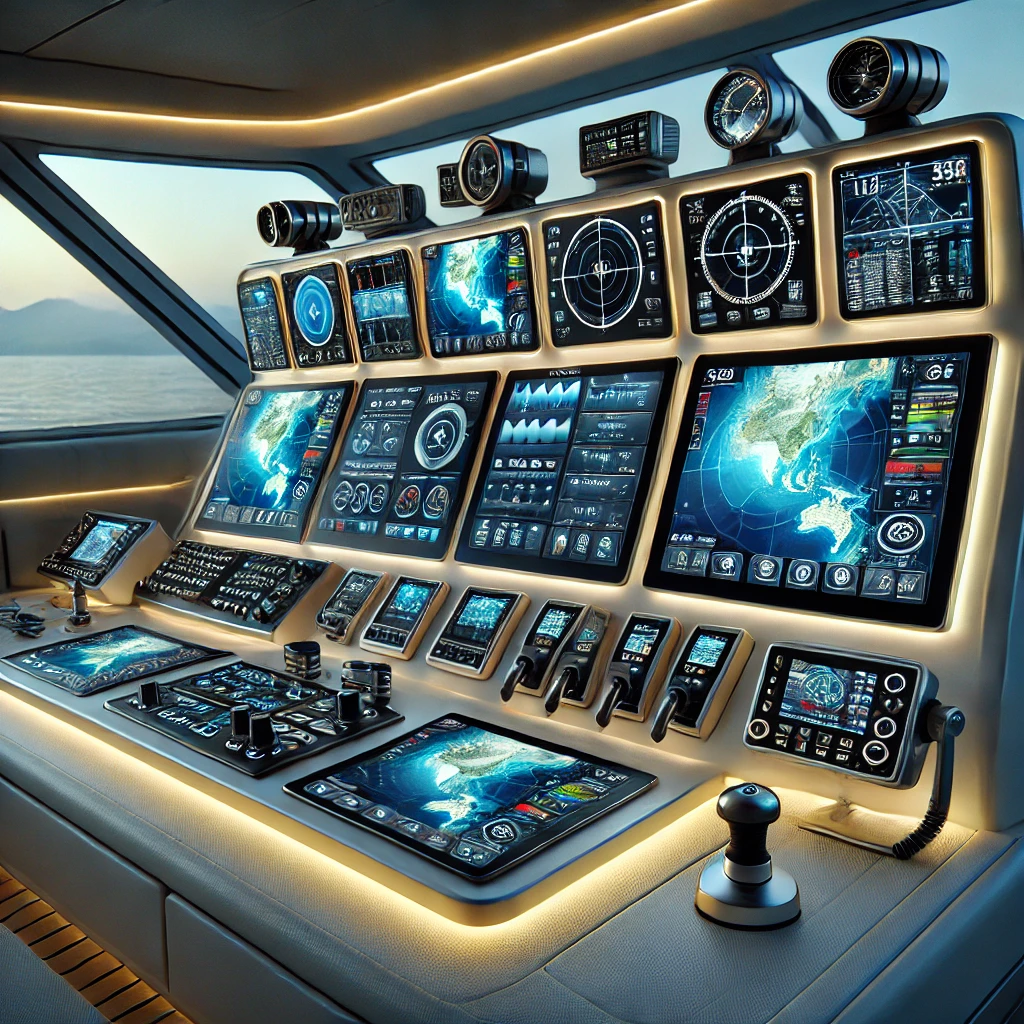
Marine electronics are delicate. And that’s why it’s important to regularly maintain these electronics components.
You surely don’t want your Global Positioning System (GPS) to fail. And neither do you want your boat to lose communication when you need it most.
So if you’re looking for methods to keep your marine electronics safe, use these five tips. They will save you some stress and money.
1. Keep Connections Clean
Corrosion is the biggest threat to your marine electronics. Saltwater can easily corrode electronic connections, weaken them or stop them from working. To keep your connections functional, you need to inspect and clean all connectors including your marine electrical wire.
To clean the wires and connectors, turn off the power and clean the metal parts. Then turn the power back on. For best results use anticorrosion sprays to coat all metal parts as this will prevent damage from moisture.
2. Protect Against Overheating
Marine electronics can get very hot, especially when they are constantly exposed to sunlight or used heavily. Overheating can cause major damage or even shorten the life of devices like GPS and radar.
To prevent this ensure your electronics are well ventilated. Clear any obstructions around their cooling vents and keep them out of direct sunlight when possible. Installing fans or other cooling devices could also help in warmer climates.
3. Test and Charge Batteries Regularly
The batteries or power source on your marine vehicle need charging or electrolyte replacement and adequate maintenance. This would keep it fit to supply reliable and stable power at all times. You need to periodically check the battery status.
Rechargeable batteries should be fully charged before each trip and a backup power source should be available on board in case the primary battery fails. Also, clean the terminals to prevent the accumulation of corrosive substances that can reduce battery life and efficiency
4. Check and Update Software
Many marine electronics (such as chart plotters and GPS units) need software updates to work properly. These updates often include fixes and improvements for better navigation and safety features. Keeping your electronics up to date can secure your marine vehicle, keep all readings accurate, and make your trips safer.
Check the manufacturer’s website or connect the device to a computer for automatic updates.
5. Check All Cables and Wiring
Inspect all cables and wires for cracks or loose connections. Pull the wires as gently as possible to see if there are any signs of disconnected, damaged, or cut cables. If there are, use the cable ties to tie all the cables properly and ensure all the connections are working properly before you set sail.
A simple check can prevent shorts or power loss when you least expect it. Remember, damaged marine electrical wire can harm your electronics and create danger.
Conclusion
With these five easy steps, you can make every trip smoother and safer. By taking these proactive steps, you’re preserving your electronics and investing in a worry free adventure.

